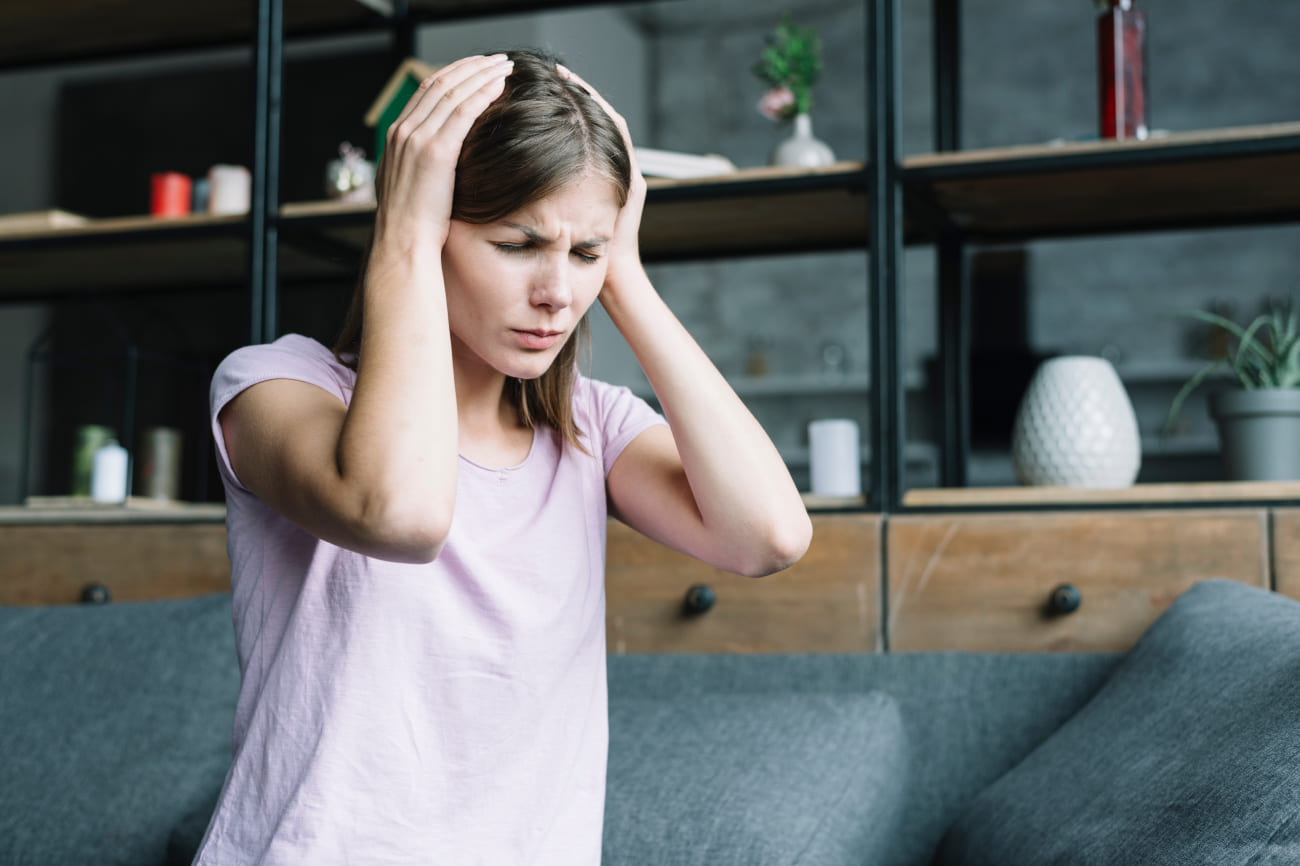
Understanding ADHD: Symptoms & Management Strategies
ADHD, or Attention Deficit Hyperactivity Disorder, affects millions of individuals, impacting their daily lives and relationships. Characterized by inattention, hyperactivity, and impulsiveness, ADHD can present challenges in both children and adults.
However, with proper understanding and effective management strategies, individuals with ADHD can lead fulfilling lives. This blog explores ADHD, its symptoms, and various management techniques that can help improve focus and organization.
-
Mindfulness and Meditation
Mindfulness and meditation have gained immense popularity in recent years and for a good reason. These practices encourage you to focus on the present moment, reducing the endless cycle of worry about the past or future. Sitting quietly and focusing on your breath can create a sense of calm and clarity.
Start with just a few minutes a day. Find a quiet spot, close your eyes, and take deep breaths. Various apps also offer guided meditations to help you get started. Over time, you'll find it easier to let go of anxious thoughts and stay grounded in the present.
-
Herbal Teas
There’s something incredibly soothing about sipping a warm cup of tea, especially when it’s made from herbs known for their calming properties. Chamomile, lavender, and valerian root have been popular for centuries to reduce anxiety and promote relaxation.
Chamomile tea, in particular, has been shown to decrease symptoms of generalized anxiety disorder significantly. Make it a part of your evening routine to help signal to your body that it’s time to wind down and relax.
-
Exercise
Physical activity is a fantastic way to combat anxiety. When you exercise, your body releases endorphins—the “feel-good” hormones that help improve your mood and reduce stress. Regular exercise can also improve your sleep, boost your self-esteem, and provide a healthy outlet for pent-up energy and tension.
You don’t have to be a gym rat to reap the benefits. Simple activities like walking, jogging, yoga, or even dancing around your living room can make a big difference. The key is consistency, so find something you enjoy and stick with it.
-
Aromatherapy
Our sense of smell is powerful, and certain scents can profoundly affect our mood. Aromatherapy, which uses essential oils, is a natural way to reduce anxiety and promote relaxation. Lavender, bergamot, and ylang-ylang are particularly effective in calming the mind.
Essential oils can be used in various ways—add a few drops to a diffuser, mix with a carrier oil for a relaxing massage, or even add them to your bath. Experiment with different scents to find what works best for you.
-
Healthy Diet
What you eat can significantly impact how you feel. A healthy diet rich in whole foods, fruits, vegetables, lean proteins, and healthy fats can support overall well-being and reduce anxiety symptoms. Omega-3 fatty acids, found in fish like salmon, are particularly beneficial for brain health and have been shown to reduce anxiety.
Avoid excessive caffeine and sugar, as they can exacerbate anxiety symptoms. Instead, choose balanced meals that sustain energy and stabilize your blood sugar levels.
Finding natural remedies that work for you can be a journey, but it’s worth exploring different options to see what brings you the most peace and relief. Incorporating mindfulness, sipping herbal teas, exercising regularly, using aromatherapy, and maintaining a healthy diet can create a holistic approach to managing anxiety.
Remember, listening to your body and mind and giving yourself the grace to find what works best for you is essential. If anxiety becomes overwhelming or persistent, don’t hesitate to reach out to a healthcare professional for support. Embrace these natural remedies as part of your self-care toolkit, and take one step at a time towards a calmer, more peaceful you.
